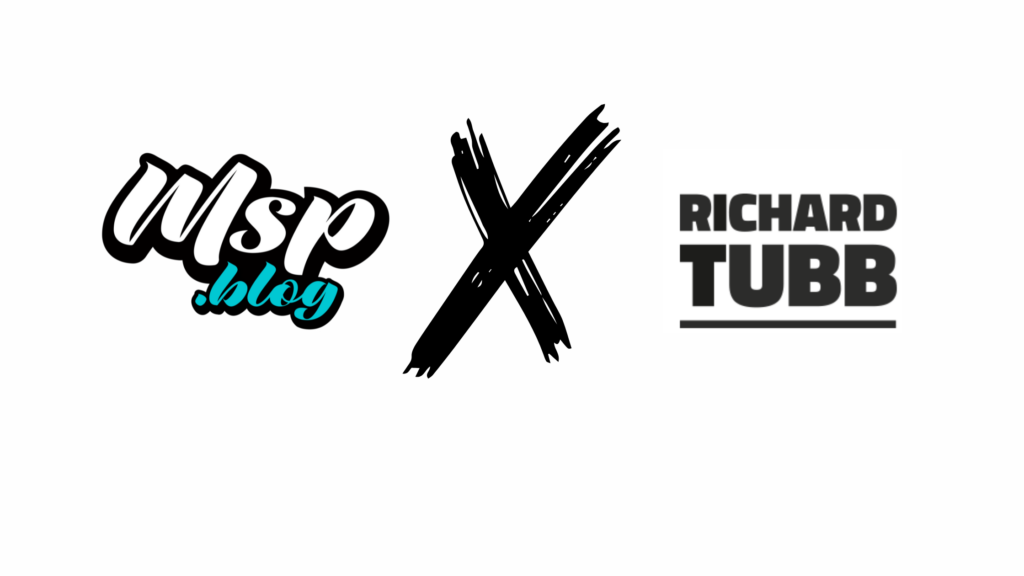
What was your MSP and when did you start it?
With a background in corporate IT, I moved into running my own IT Support business in 2001. I was your typical one-man-band IT guy, crawling under desks and plugging in cables. Then, in 2004 I read about something called Managed Services. I realised I wanted to own a business, rather than own a job and started building the company.
Can you explain a little about the business?
My MSP focused on infrastructure support and consultancy to small and medium-sized businesses, primarily in the West Midlands, but with client’s across the UK.
We charged for services on a month-to-month basis, living and dying by the service we provided. This gave us a sales advantage over competitors.
I was also actively sharing my journey into Managed Services via my blog and speaking at IT user groups, which was an unusual step (at the time) and in which my competitors thought I was crazy to reveal my “trade secrets”.
When I exited the business, there were ten members of staff.
Were you always planning on an exit and what was the driver to exit?
I had no plans to exit the MSP business, but then a life event occurred that changed my attitude.
My Dad, George, passed away peacefully but unexpectedly at 82 years of age.
At Dad’s funeral, I realised that I actually felt a desire to help other MSPs rather than run an MSP business, and so before the close of 2011 I’d sold the business.
What was the main thing you learned about M&A going through the process?
A business is only worth what the buyer will pay.
If, as a business owner, you are required to be actively involved in the day-to-day operations of your MSP, then you need to work harder at extracting yourself.
I emptied my head of information about everything from admin, to client information, to technical processes — and this intellectual property (IP) became the thing that was valuable to the buyer of my business.
Knowing what you know today, what would you have done differently?
I would have taken more time off after selling the business.
Running an MSP business is a tough gig, and when I sold the business, I fully intended to relax and recover.
But, thanks to the awareness of my journey within the MSP space, I was quickly contacted by former competitors who asked me to do consultancy work with them.
While I enjoyed this work it meant I didn’t really take time to recover from my MSP business growth journey.
In short, I feel I should have taken significant time out to reward myself for my efforts.
Is there any advice or things to watch out for that you would like to share with fellow MSP / Business owners?
My top piece of business advice for MSP owners would be this — don’t try to do this alone.
I’ve been blessed to have some of the smartest, most successful people in the IT industry share freely of their time and experience with me.
This advice and guidance helped me to accelerate the growth of my MSP business.
I’d encourage any MSP business owner to seek out mentors, coaches and attend conferences, peer and user groups in the industry.
Running an MSP business can be a lonely task, so surround yourself with people who will help you keep going when times get tough.
Don’t try and do this alone!
What are you up to now and how can people find out more?
Ten plus years on from selling my IT business, I’m now an author, speaker, writer and advisor in the global Managed Services space.
In my book, The IT Business Owner’s Survival Guide, I’ve documented my journey with a view to helping other MSP owners to avoid the mistakes that I made.
I’ve published over 5000 articles on running an MSP business via my blog at www.tubblog.co.uk and in other MSP journals.
Plus, my Podcast, TubbTalk – The Podcast for IT Consultants — has become one of the most listened to shows in the MSP industry.
I’m very fortunate to love what I do and to continue to work within the Managed Services space. It’s a unique industry founded on collaboration, and I love it!


